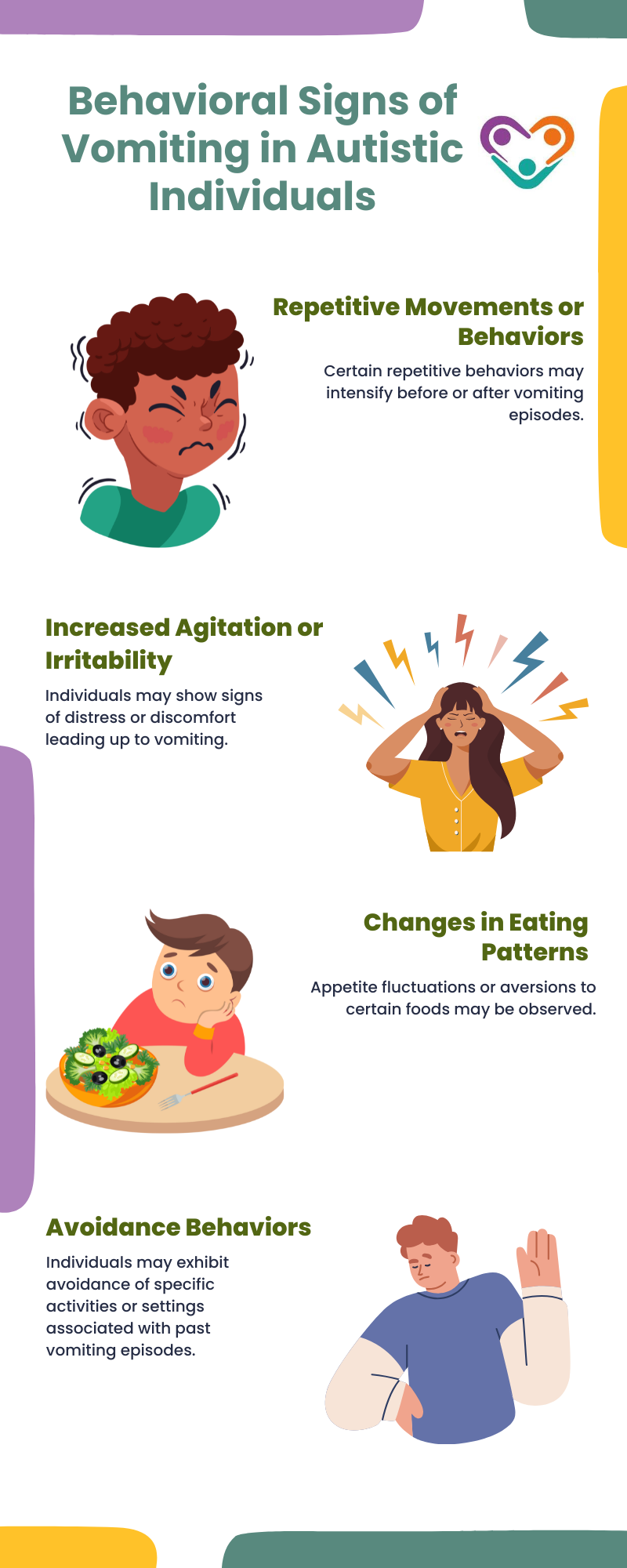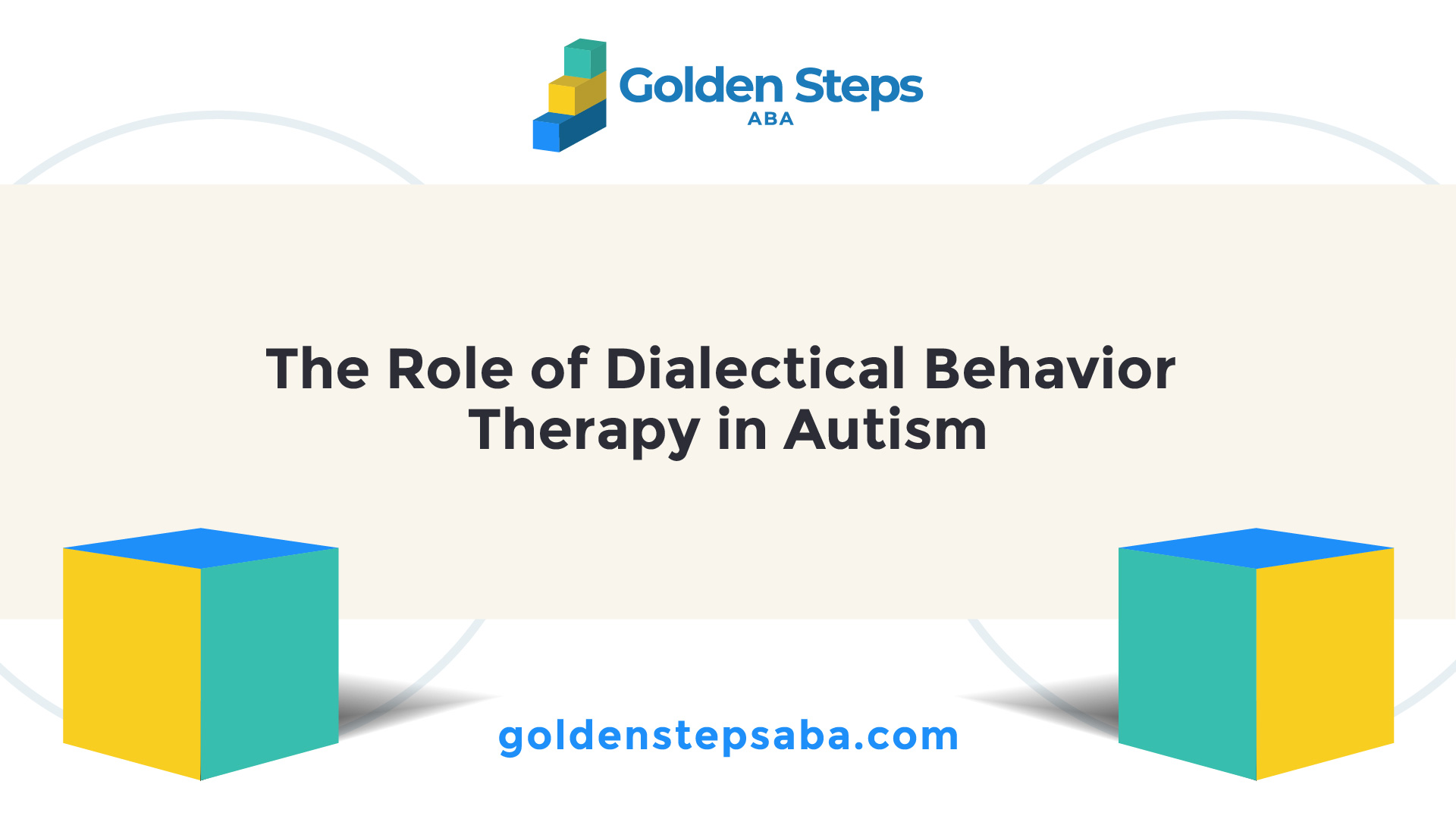Best practices for building sensory-friendly spaces with advice from an Autism Therapist's perspective
Best practices for building sensory-friendly spaces with advice from an Autism Therapist's perspective
Blog Article
Key Indications and Signs to Acknowledge in People With Behavioral Autism
When you experience someone with behavioral autism, recognizing key symptoms and signs is crucial. You could discover obstacles in social communications and communication, as well as a solid demand for regimens. Additionally, sensory level of sensitivities can bring about frustrating experiences. Comprehending these qualities can improve your support and interventions, but there's even more to reveal concerning just how these actions show up in everyday scenarios. Allow's explore what these signs truly appear like.
Obstacles in Social Interactions
When you communicate with somebody on the autism range, you might notice they battle with social hints and interaction. These challenges can make social communications really feel overwhelming for them.
In addition, you may find that they like routines and acquainted settings, which can limit their desire to participate in new social scenarios. They could talk regarding their interests in excellent detail without discovering if you're interested when they do involve. This can cause discriminatory conversations that leave you feeling detached. Comprehending these obstacles can help you come close to communications with empathy and perseverance, cultivating a more comfortable environment for both of you.
Difficulty With Verbal and Non-Verbal Communication

Non-verbal interaction can be a lot more difficult. You might see an absence of eye get in touch with or limited use of motions, which can make interactions really feel awkward. Facial expressions may not constantly line up with the discussion, resulting in complication regarding their sensations. Acknowledging these signs is vital, as it helps you far better support and involve with individuals on the autism range. By comprehending their communication difficulties, you can cultivate a lot more meaningful links and provide a much more encouraging environment.
Repeated Habits and Regimens
Communication difficulties usually accompany various other signs of autism, such as repetitive habits and a solid choice for routines. You may see that people with autism often take part in details, repeated actions, like hand-flapping, rocking, or repeating expressions. These habits can give comfort and a sense of control in an usually overwhelming world.
When they comply with an organized schedule,Routines are equally crucial; lots of individuals thrive. You might locate that modifications to these routines can result in significant distress. As an example, if they have a day-to-day routine of eating morning meal at a specific time or complying with a certain route to institution, any disturbance can create stress and anxiety.
Identifying these patterns aids you understand their behavior and supply support. By fitting their demand for regular and permitting repetitive actions, you can create a more comfortable atmosphere that relieves their difficulties.
Sensory Sensitivities

Common Sensory Triggers
Sensory sensitivities can substantially affect life for individuals with autism, as particular stimuli commonly trigger frustrating responses. Common sensory triggers include loud sounds, bright lights, and solid scents. You may discover that unexpected noises, like sirens or alarms, trigger anxiety or distress. In a similar way, fluorescent lighting in stores can feel uneasy and rough. Appearances can also play a substantial role; rough fabrics or specific food appearances may be unbearable for you. Furthermore, crowded locations can bewilder your senses, making it hard to focus or unwind. Recognizing these triggers can help you manage your environment better. By knowing what influences you, you can take steps to reduce discomfort and enhance your everyday experiences.
Behavioral Responses Discussed
Understanding your behavior responses to sensory level of sensitivities is necessary, as they typically reveal exactly how you connect with the world. You might also locate on your own looking for particular sensory experiences, like deep stress or this hyperlink peaceful atmospheres, to aid ground on your own. Acknowledging these patterns assists you comprehend your requirements much better and can assist how you interact them to others.
Coping Strategies Summary
Identifying your sensory level of sensitivities is just the initial step; currently it's time to explore coping approaches that can help you manage those experiences effectively. Begin by developing a sensory toolkit customized to your requirements. This might include noise-canceling earphones, fidget playthings, or soothing fragrances. Establishing an organized routine can additionally provide predictability, minimizing anxiousness around sensory overload. Take breaks in a peaceful area to regroup when you feel overwhelmed. Practicing mindfulness strategies such as deep breathing can help ground you in the moment. Furthermore, interact your demands with those around you; having supportive good friends and family members can make a massive distinction. Bear in mind, locating what functions ideal for you might take some time, so be patient and open to trying new techniques.
Limited Interests and Emphasis
While lots of individuals develop a large range of passions, those with autism usually demonstrate limited passions and an intense emphasis on specific topics. You might notice that somebody with autism can spend hours diving into their favored topic, whether it's a specific type of train, a specific flick, or a clinical concept. This intense focus isn't simply a pastime; it can come to be a central component of their identity and social communications.
You may locate that discussions rotate around these rate click here for info of interests, and they might battle to engage in wider subjects. By understanding and acknowledging these limited interests, you can foster a helpful atmosphere where they feel valued and recognized, allowing for more meaningful links and communications.
Emotional Policy Problems
People with autism frequently deal with challenges in psychological policy, which can be affected by their intense concentrate on details interests. You might observe that when an individual is deeply taken part in a preferred task, they can experience solid feelings, whether exhilaration or aggravation. When points do not go as prepared., have a peek here this intensity in some cases makes it difficult for them to move gears or handle their feelings - Autism Behavioral Therapy.

Variability in Developmental Turning Points
When it comes to developing turning points, you'll discover that people with autism frequently show a broad range of irregularity. You might see a youngster succeed in language skills however battle with social interactions.
It's important to recognize that each person's trip is unique. Some might establish complex abilities early, only to face obstacles later. Others may take longer to accomplish standard landmarks however then flourish in details areas. Observing these patterns can aid you understand their strengths and needs much better.
Regularly Asked Concerns
How Is Autism Detected in Kid and Adults?
To diagnose autism in adults and youngsters, experts evaluate actions, communication skills, and social interactions. If a private fulfills the criteria for autism range disorder., they typically utilize standardized tests, interviews, and monitorings to identify.
Exist Various Kinds Of Autism Spectrum Disorders?
Yes, there are various sorts of autism spectrum problems, including Asperger's disorder and prevalent developing disorder-not otherwise specified. Each kind differs in seriousness and attributes, so understanding these differences can help you better support individuals with autism.
What Therapies Work for People With Autism?
When considering effective treatments for individuals with autism, you'll locate choices like Applied Behavior Analysis, speech therapy, and job-related therapy. Each technique can help improve interaction, social skills, and day-to-day operating customized to individual demands.
Can People With Autism Lead Independent Lives?
Yes, people with autism can lead independent lives. With the right support, skills training, and resources, you can assist them create self-sufficiency, take care of daily tasks, and flourish in different atmospheres, promoting their independence.
How Can Households Support Enjoyed Ones With Autism?
You can sustain your enjoyed ones with autism by producing a structured atmosphere, encouraging their passions, practicing perseverance, cultivating interaction, and promoting social skills. Commemorate their accomplishments, no matter exactly how small, and build a helpful community.
Although numerous individuals on the autism range can make use of and understand language, they usually encounter substantial challenges with both non-verbal and verbal communication. Recognizing these indicators is vital, as it assists you much better assistance and involve with people on the autism range. You might discover that people with autism frequently involve in particular, repeated actions, like hand-flapping, rocking, or repeating expressions.Sensory level of sensitivities can significantly influence day-to-day life for people with autism, as certain stimuli commonly set off frustrating reactions.When it comes to developing landmarks, you'll notice that people with autism frequently reveal a broad variety of variability.
Report this page